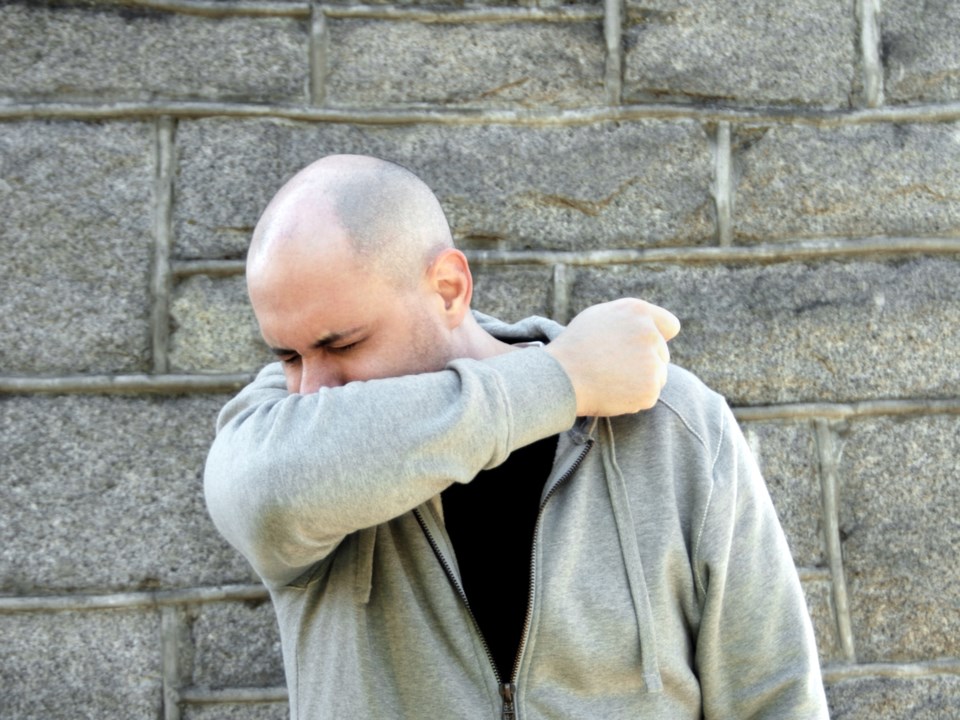According to a , the declaration made on March 17 of a public health emergency related to COVID-19 in British Columbia means that the province is facing two concurrent crises: one, the rapid spread of the novel coronavirus and another, the ongoing opioid overdose crisis.
The overlap of the two public health crises is important for people of B.C. to be aware of and be informed about, as the fight against COVID-19 is wrought with difficult challenges for those people who use substances.
We know that COVID-19 is a virus that can cause respiratory infection and other health problems. Fentanyl and other opioids can slow one’s breathing rate, so COVID-19 may increase the risk of overdose death when using opioids. People who use drugs may have compromised immune systems and therefore may be more vulnerable to infections and other health risks.
People who use drugs often encounter challenges that may make it difficult to follow advisories around social distancing, isolating, and other preventative health and safety measures. This can include income challenges, housing issues and homelessness, not having enough food, and more — all of which impact a person’s health and safety.
Supporting the health and safety of vulnerable individuals, their support networks, and frontline workers who provide essential services is a major concern. The BC Centre for Disease Control (BCCDC) is taking steps of critical importance, such as providing on-the-ground support like maintaining adequate access to essential medications and treatments for opioid use without interruption.
The BCCDC has provided , within the context of the outbreak of COVID-19, in an effort to help those who use substances or know someone who uses substances.
The harm reduction guide covers ways to keep communities safer and reduce the risk and spread of infection, like:
- Practicing safer drug use
- Buddying-up for support
- Providing information on accessing testing for COVID-19
- What to do when isolating or in quarantine
During this time, there may be concerns about availability of drug supply and possibility of withdrawal. For recommendations in this situation, please refer to the “If you are quarantined or in isolation” section of the . This includes having supply at home, alternative choices, and creating backup plans.
If you or someone you know uses substances, there are important resources available to help navigate COVID-19 and the opioid crisis:
- Learn more about staying safe if you or someone you know uses substances by referring to .
- Use the if you are concerned due to your own health or personal situation, or if you may have been exposed to or are experiencing symptoms of COVID-19.
- Call 8-1-1 if you need medical information related to COVID-19 or other medical circumstances.
- Call 1-888-COVID19 for other non-medical information on COVID-19 – from travel recommendations to social distancing. See .
Physical distancing means spending more time at home. Home isn't always a safe place for everyone. Physical, verbal, or sexual abuse at any time, at any age, or in any relationship is not okay.
- Call at 1-800-563-0808 for confidential support, information, and referral services if you are feeling unsafe at home.
- Children and teens can call the to speak to a counsellor day or night at 1-800-668-6868.
- Call 9-1-1 or your local emergency number if you or someone you know is in immediate danger.
These are incredibly challenging times, and as a community, we must maintain solidarity with those who are impacted by these two public health emergencies – from people who use substances to people who provide care to those who are using.



